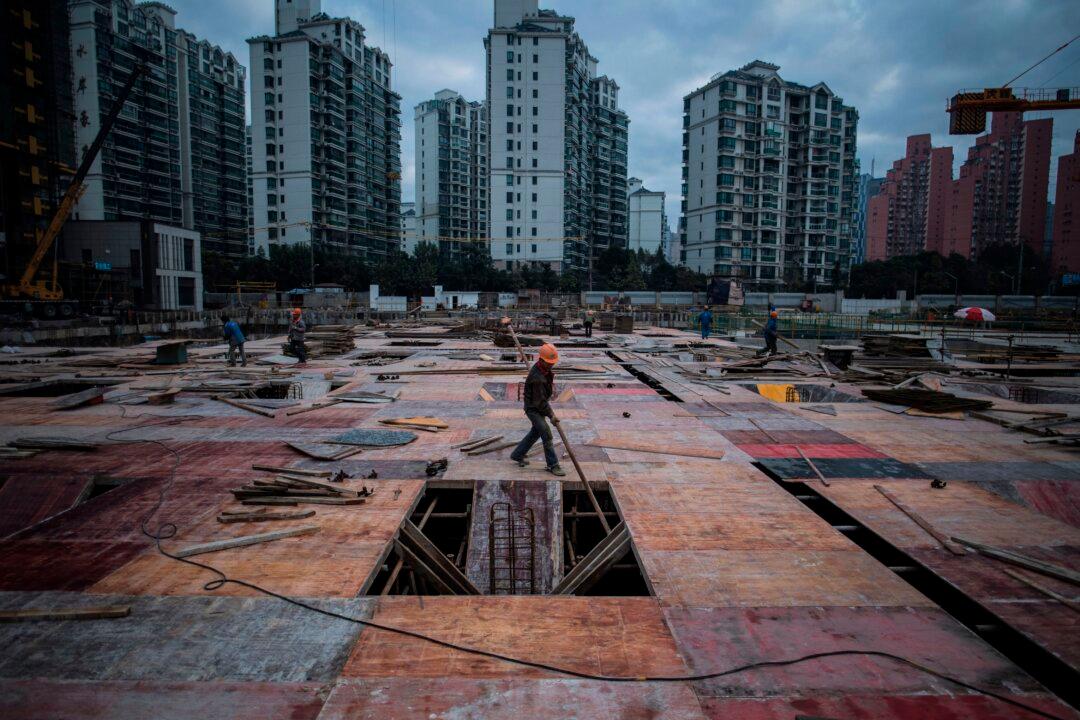Evergrande’s debt default last year, kicked off China’s housing market slump that just continues to worsen as widespread COVID-19 curbs weaken buyer confidence and market demand.
With tumbling sales, short-term debts, and a lack of offshore refinancing, Chinese property developers are facing a liquidity crisis.





